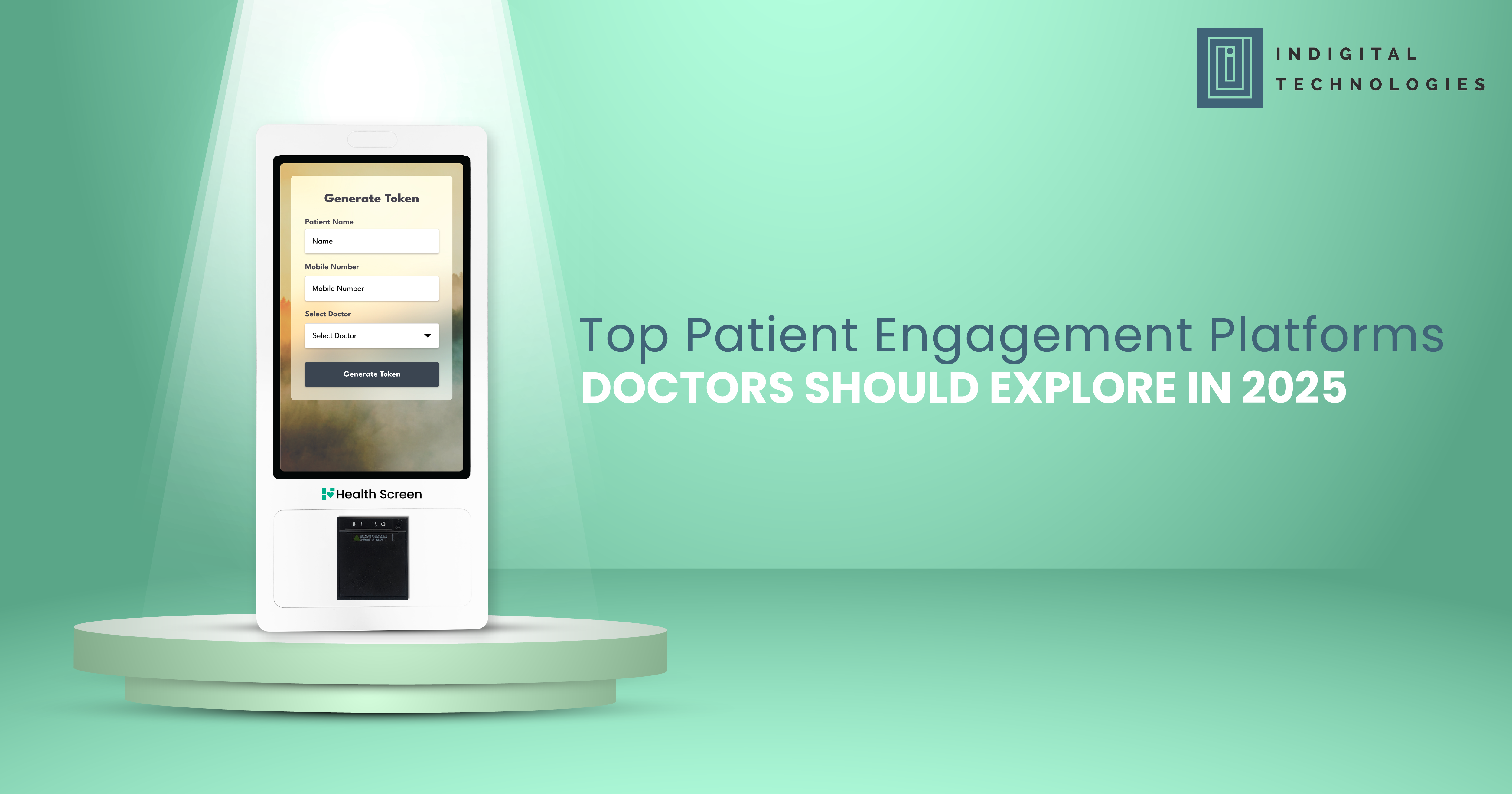Modern medicine is entering a transformative phase—driven by data, accelerated by technology, and increasingly supported by artificial intelligence (AI). Among the most promising advancements is the use of AI to detect diseases earlier and more accurately. For busy clinics managing dozens or even hundreds of patients a day, this is not just an innovation—it’s a necessity.
The Cost of Delayed Diagnosis
In traditional clinical workflows, early disease signs can often be subtle, buried in patient history, or missed due to time constraints. These delays in diagnosis can result in progression of illness, more intensive treatment needs, and increased healthcare costs. Moreover, for patients, delayed intervention often leads to diminished trust in care and poorer health outcomes.
AI offers a powerful solution by continuously analyzing data and flagging concerns in real-time—enhancing clinical decision-making without adding to the doctor’s workload.
How AI Enhances Early Detection
AI-powered tools work by processing vast amounts of clinical data—symptoms, vital signs, historical records, test results—and comparing them against known disease patterns. They detect deviations or warning signs that might be overlooked in a manual review.
For example:
- Predictive screening algorithms can identify patients at risk of diabetes, hypertension, or cardiac issues based on subtle trends.
- Symptom checkers embedded into digital interfaces can help triage patients before consultation.
- AI-driven risk assessment modules can suggest testing or specialist referral before a condition becomes critical.
This level of proactive support is reshaping how clinics deliver care—smarter, faster, and with fewer oversights.
Integrating AI at the Clinic Level
The challenge, however, lies in integration. AI must not disrupt existing workflows or overwhelm clinicians with complex dashboards.
That’s where SYNQOL Health Screen by Indigital Technologies steps in. It integrates seamlessly with clinic operations to offer intelligent features that support early detection:
- Risk profiling during patient intake: Patients interact with digital screening forms powered by AI, which evaluate responses and highlight high-risk flags.
- Real-time alerting for staff: Based on inputs, SYNQOL notifies clinic staff when patients may require immediate attention or a targeted investigation.
- Centralized reporting: All data is accessible on a live dashboard—helping doctors view trends, summaries, and flags at a glance before the consultation begins.
This approach combines AI’s analytical power with intuitive usability—putting smart detection tools right where they’re needed most.
Benefits for Clinics and Pharma Stakeholders
Early disease detection means more efficient care delivery, fewer emergency interventions, and stronger doctor-patient relationships. Clinics using tools like SYNQOL Health Screen see an improvement in diagnostic accuracy and patient flow—reducing consultation time spent gathering background and allowing more focus on clinical decisions.
For pharma companies, AI-based detection systems also open the door to timely therapy introductions. When patients are identified early in the disease pathway, targeted treatment can begin sooner—improving efficacy and adherence while enhancing brand positioning.
Looking Ahead: AI is the Future
The demand for AI integration in clinics will only grow. As regulatory frameworks evolve and digital adoption accelerates, early disease detection through AI will move from a competitive advantage to a standard expectation.
SYNQOL Health Screen is helping clinics transition smoothly into this future. By combining AI-driven insights with patient education, digital tokens, and real-time engagement, it ensures care is proactive, efficient, and technologically forward.
In conclusion, AI is no longer an abstract concept in healthcare—it’s a clinic-ready tool that can revolutionize how diseases are detected and managed. Clinics that embrace this evolution today will lead the charge in tomorrow’s intelligent healthcare ecosystem.





